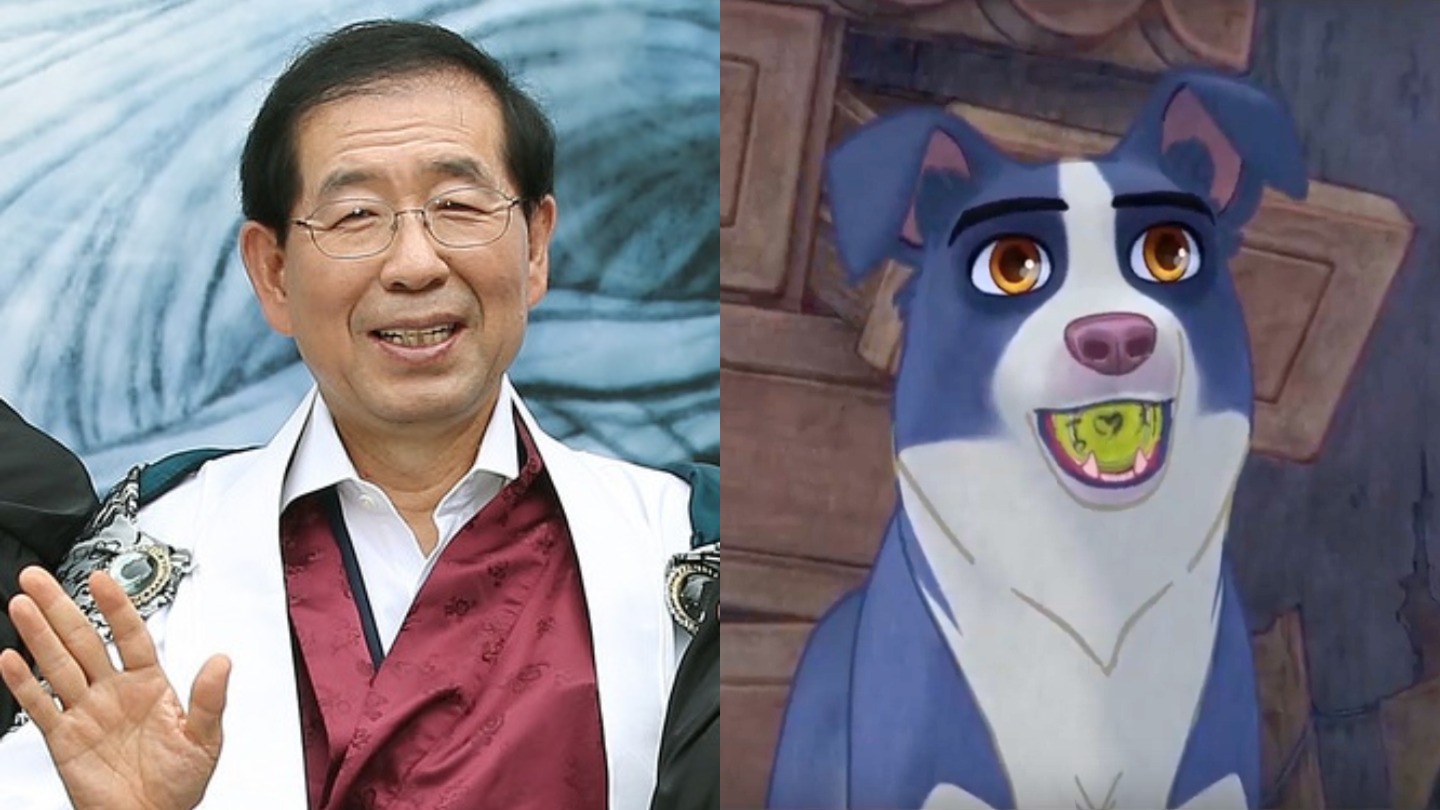Seoul’s Mayor Pledges to Ban Dog Butcheries After Seeing a Movie About a Dog

Credit to Author: Gavin Butler| Date: Wed, 27 Feb 2019 16:48:48 +0000
The mayor of Seoul has announced that the city government will shut down all dog butcheries and slaughterhouses in the South Korean capital. Mayor Park Won-soon made the announcement at a local movie theatre this month, pledging to crack down on the controversial meat trade after watching a screening of Underdog: an animated film about a group of stray dogs who are abandoned in the demilitarised zone and “decide to go on an adventure to find true freedom,” The Korea Times reports.
“Once dog-butchering businesses are completely removed soon, I plan to make a declaration,” Park announced to a cinema full of fellow moviegoers. “In the past, we had several dog butcher shops in Cheongnyangni [neighbourhood], but I closed almost all of them down through various measures. Currently, one or two dog slaughterhouses remain. I cannot force them to go out of business, so I will put pressure on them to move.”
Seoul has historically had a number of dog farms and meat shops located throughout the city—despite increasing pressure from local animal rights groups to eradicate the industry. As recently as 2017, five dog meat businesses were registered to operate at Gyeongdong Market, according to The Korea Herald: two of which slaughtered dogs, and three of which sold the meat. Park is now promising to “put pressure” on these shops and ultimately drive them out of the capital.
“I thought that it would be important to make the world peaceful, safe, and welfare-friendly in the eyes of dogs,” the human rights lawyer-turned-mayor said, “as everyone is an enemy and everything death [for the animals in the film].”
Audiences have praised Underdog for its uplifting storyline and heartfelt themes. One reviewer described it as “More enchanting than Zootopia and as touching as Inside Out,” while another called it “A movie that brings heart-warming happiness to everyone.” Park claims he went to see the film to “find a way to raise the adoption rate for stray dogs” and promote a campaign that encouraged people not to abandon their pets.
“Every year, 8,500 dogs are abandoned in Seoul and a quarter of them are euthanised because they are not adopted. I believe in building a peaceful world that is also a safe place for animals,” he said. “I heard there are wild dogs on Mount Bukhan. I feel responsible for them, and this was a burden while watching the film.”
Dog meat has been eaten in South Korea for thousands of years—usually as a traditional healing food that’s supposed to enhance “stamina” and male virility, and especially during boknal, the three hottest days of the summer. But while bosintang, or dog meat stew, has long been viewed as a delicacy in the country, its popularity has diminished in recent times—with some restaurants reporting declined consumption of 20 to 30 percent a year.
As animal rights activists lash out against the industry and dog farm owners fight to protect their livelihood, South Korea as a whole has been struggling over whether or not to eliminate the dog meat business altogether. In November last year, local authorities announced that they had shut down the country’s largest dog slaughterhouse, the Taepyeong-dong complex, in what was seen as a huge blow to the industry. But South Korean journalist Taehoon Lee suggests that Park’s recent announcement to crack down on Seoul’s slaughterhouses is unlikely to lead to positive outcomes for dogs around the nation.
“I am sceptical that shutting slaughterhouses in Seoul would lead to a significant change in the welfare of these dogs,” he told South China Morning Post . “Butchers who used to slaughter dogs in Seoul are now slaying them in neighbouring cities that have lax supervision. At least in Seoul, dogs are put down quicker and in a less painful way due to constant monitoring by animal activists and local authorities.
“People shouldn’t be deluded by minor changes,” he added. “The dog meat industry is much bigger than many think—it is estimated to be a billion-dollar industry.”
Follow Gavin on Twitter or Instagram
Sign up for our newsletter to get the best of VICE delivered to your inbox daily.
This article originally appeared on VICE AU.